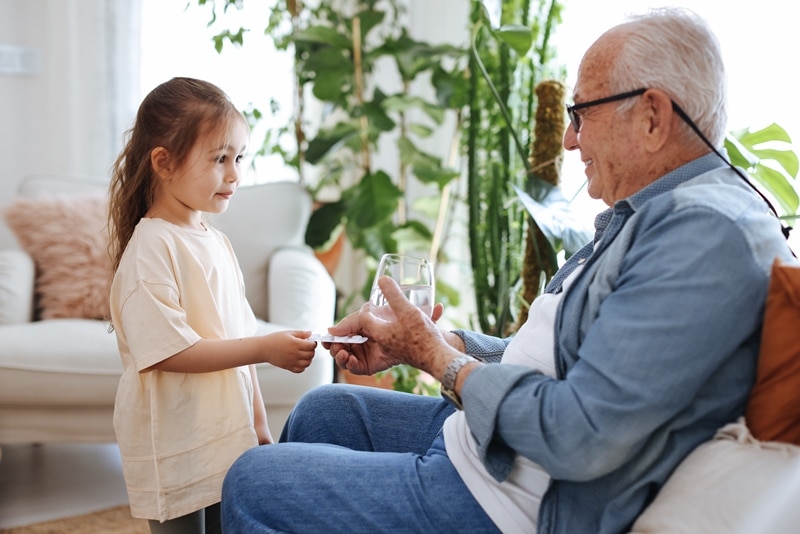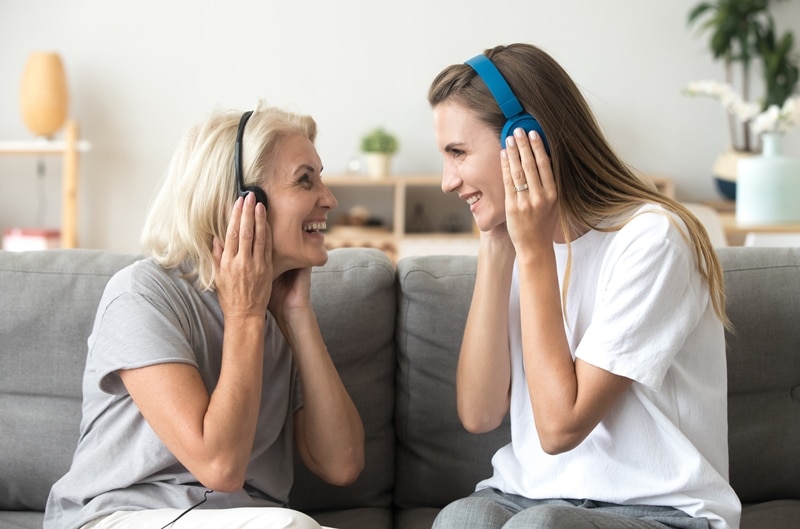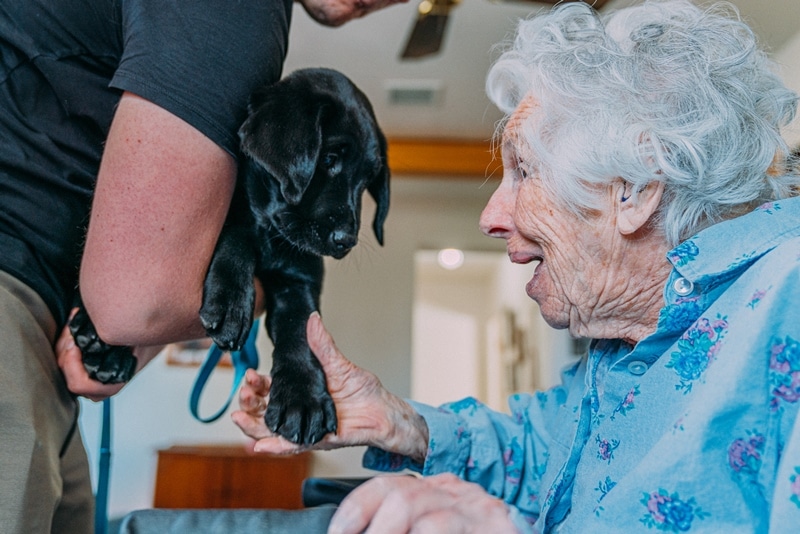Staying Connected with the Elderly During Isolation
The COVID-19 outbreak has brought many changes into our lives and in times like these, it’s important to stay in contact with your grandparents and older neighbours, family or community members.
Older adults may feel increasingly worried and anxious during this time. Keeping in touch and showing you care can go a long way towards helping them to stay positive and to get them through this tough and unfamiliar time.
“…can you believe that happened?”
The further we move into the post-lockdown period, the more we’re hearing variations on this phrase uttered in every corner of society – from hallways, to supermarkets, to conversations overheard at the local cafe.






